By Damilola Okonkwo
Most Nigerian children spend their formative years copying notes off a board, memorising definitions, and preparing for exams that test recall, not understanding. Then we send them into the world expecting productivity, innovation, and growth. But the maths doesn’t add up. Because you can’t train a generation to follow instructions and then expect them to lead.
The real world demands more – not just in Nigeria, but everywhere. It demands critical thinking, creativity, empathy, digital literacy, and collaboration. These are not skills we can tack on at the end of a child’s education. They must be built intentionally, over time, in classrooms that encourage questioning, problem-solving, and meaningful engagement.
At KEY academy, we didn’t set out to tweak the system but instead to transform it. When we launched in 2019, it wasn’t as a traditional school with a few modern upgrades but as Africa’s first fully project-based learning model – a bold, purpose-driven leap into what education should look like for today’s world. A place where learning isn’t confined to textbooks or test scores, but grounded in real life. Where children aren’t taught to memorise answers, but empowered to ask better questions and to lead with curiosity, creativity, and purpose.
From the beginning, we’ve believed that all children deserve an education that connects deeply with the world around them. That’s why we use project-based learning (PBL) as our core methodology. Instead of splitting knowledge into subjects and filling children’s heads with disconnected facts, we anchor learning in big, meaningful questions. Questions like: How does the economy work? What makes a community thrive? What does sustainability look like in Lagos?
PBL is a rigorous, research-backed model that builds essential 21st-century skills – critical thinking, communication, collaboration, and creativity – all within the curriculum framework. It connects what we teach in the classroom to the world outside it.

Our students explore those questions through real-world projects. Six-year-olds pitch business ideas to a panel of judges. Nine-year-olds conduct oral histories and build photography exhibits about their neighbourhoods. They collaborate, build, fail, present, try again and they grow.
So when it was announced that KEY academy had been shortlisted as one of the Top 10 schools globally for the World’s Best School Prize in Innovation, it felt surreal. Not because we ever doubted our vision, but because this moment is bigger than us. We are the first school in Nigeria and in West Africa to be recognised in this category. Our school, tucked away in metropolitan Lagos, is now on a global stage – being celebrated for innovation and impact.
This nomination is an incredible honour, and I’m proud of our team, our students, and the families who’ve trusted us from day one. But more than anything, I hope this moment sends a clear message: Nigerian schools can lead. We don’t have to wait to be included in someone else’s model. We can design the future ourselves – rooted in our realities, driven by our values, and powered by the dreams of our children.
Over the next few years, we’re building on this foundation. In 2027, we’ll open a new 15,000 sqm secondary school and innovation campus – a space that will allow us to roll out our methodology through a digital nationwide teacher training platform, events, books, digital content, and ultimately policy reform. This is critical because with a population of over 200 million set to rise to around 500 million by 2050, even if we built 100 KEY academy schools we would not make a dent. Instead, we want to spark a wider movement for 21st-century project-based learning across the nation so that children from even the poorest socio-demographic groups can be equipped with the skills of the future.
Our goal is to democratise access to this model. We launched in 2019 as a single school, but from the beginning, our ambition has been national. We’re building a scalable model. Beyond serving our students, we want to spark a wider movement for 21st-century project-based learning across Nigeria. We know that even if we built another 100 KEY academy schools we would not make a dent.
That’s why this World’s Best School Prize nomination means so much. It’s not just a trophy, it’s a platform and we plan to use it. But we need your help. One of the prizes we’re eligible for is the Community Choice Award – and that means voting is open to the public. Anyone, anywhere, can vote. And if we win, the prize will go directly into scaling our mission: training more teachers, equipping more classrooms, and reaching more children with the kind of education they deserve. If you believe in what we’re building – if you believe that Nigeria can and should be a global leader in education innovation – we invite you to vote for KEY academy.
You can vote by clicking the link here: https://bit.ly/3HMephR: Just remember to confirm your vote via the email you’ll receive (check your spam!).
The last 6 years have proven that our approach at KEY academy can work in Nigeria, and now it is time to scale this across the country and democratise access to 21st-century project-based learning. Because we cannot memorise our way out of poverty, but by equipping the next generation with creativity, curiosity, and courage, they will boldly lead Nigeria into the future.
Damilola Okonkwo is the founder of KEY academy, a social enterprise committed to transforming education in Nigeria through 21st-century project-based learning. KEY academy was recently shortlisted as a Top 10 finalist for the 2025 World’s Best School Prize in Innovation – the first school from Nigeria or West Africa to be recognised in this category.






























































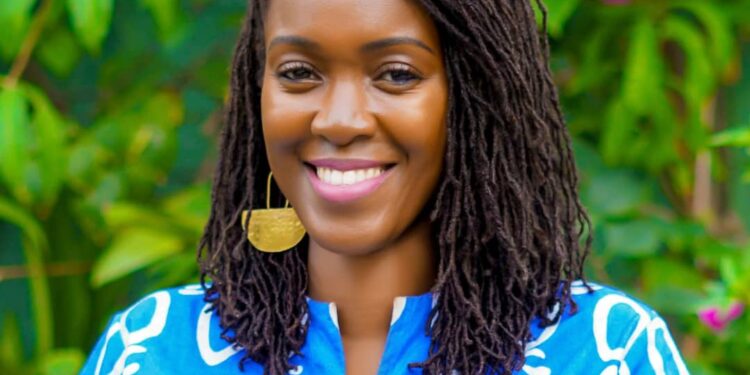




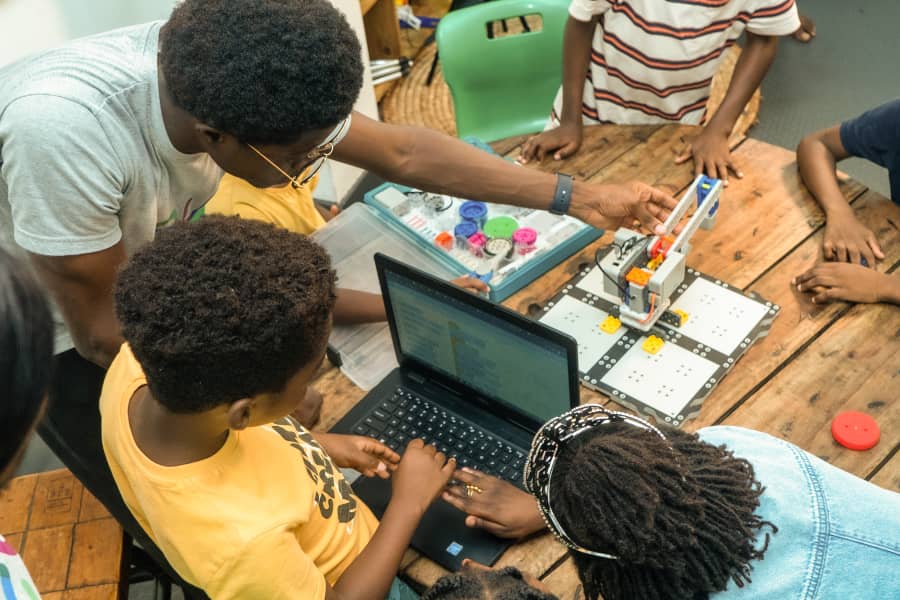

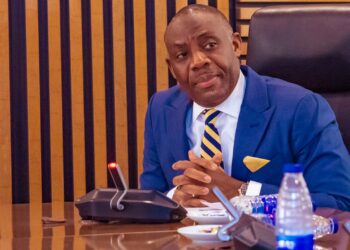
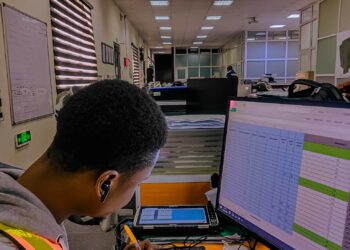
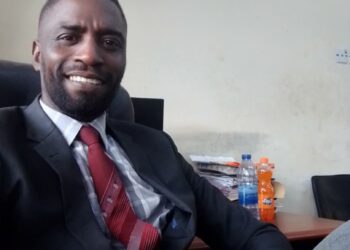
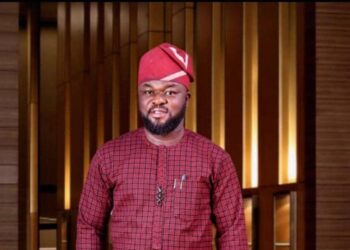












 EduTimes Africa, a product of Education Times Africa, is a magazine publication that aims to lend its support to close the yawning gap in Africa's educational development.
EduTimes Africa, a product of Education Times Africa, is a magazine publication that aims to lend its support to close the yawning gap in Africa's educational development.